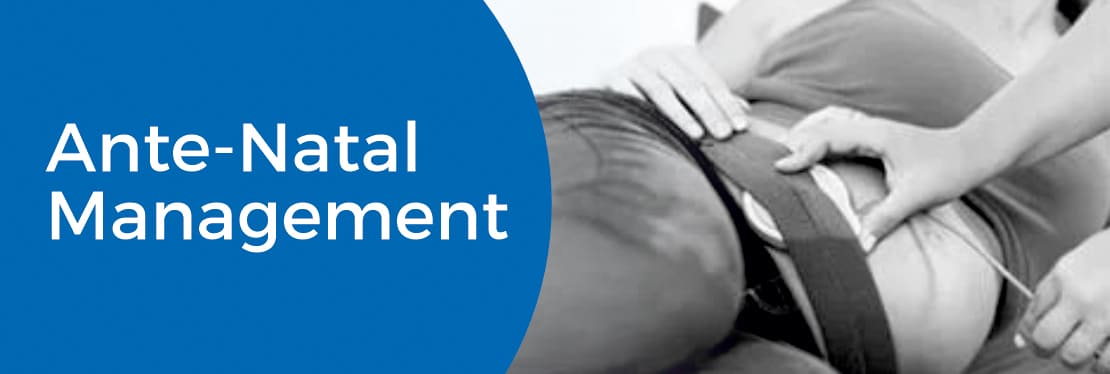Overview
Most of the couples desire to have children and a large number of them are able to fulfil their dreams spontaneously within 1–2 years of marriage. Those who are not able to conceive need treatment in different forms including Assisted Reproductive Techniques (ART). In Vitro Fertilization and Embryo Transfer (IVF–ET) is the most advanced method of infertility treatment. Since the advent of IVF, over a million babies have been born. The treatment of infertile couples has evolved remarkably, especially over the last 20–30 years. Management of pregnancies after IVF–ET is difficult as the couples and treating doctors have an undue concern, apprehension, and worry about the outcome of such pregnancies. Patients are elderly and there may be other co-morbid conditions; hence, pregnancy after IVF–ET is considered as high risk.
Why it’s Done
The aims of antenatal care are to optimise maternal and fetal health, to offer women maternal and fetal screening, to make medical or social interventions available to women where indicated, to improve women’s experience of pregnancy and birth and to prepare women for perfect motherhood.
How You Prepare
ANC benefits both the mother and the baby; it assists in screening, diagnosing and managing or controlling the risk factors that might adversely affect the pregnant women and/or the pregnancy outcome.
What you can expect
Antenatal care is a type of preventive healthcare. Its goal is to provide regular check-ups that allow doctors or midwives to treat and prevent potential health problems throughout the course of the pregnancy and to promote healthy lifestyles that benefit both mother and child.
Results/ Post Procedure
The bottom line is an uneventful pregnancy with a healthy mother and child.
What Are the Risks?
ART in most cases leads to the successful delivery of healthy singleton pregnancies. However, there are complications of pregnancy that may develop more frequently in those conceived using IVF–ET. Biochemical pregnancy loss rates following ART vary from as low as 11% to as high as 35%. The risk of ectopic pregnancy including heterotopic is increased at least 2-fold in patients who conceive after IVF–ET. The incidence of late pregnancy loss (after 12 weeks gestation) after ART is typically between 2 and 4% which is higher than that of spontaneously conceived pregnancies (around 1%). There is a higher propensity of multiple pregnancies. The risk of multiple pregnancies is increased substantially in IVF–ET cycles
Women are also at increased risk of pre-eclampsia, gestational diabetes, placenta praevia, and perinatal mortality. ART pregnancies also have higher relative risks of having induction of labour and Cesarean section (CS), both emergency and elective. Various studies have reported that the children born to women who conceived with ART were premature and of low birth weight.8 The observations cannot be attributed solely to the higher incidence of multiple pregnancies associated with ART. Many studies of children born after IVF have found a prevalence of congenital malformations similar to that in the normal population (2–3%) but one Australian study observed a 2-fold increased risk of major birth defects among children conceived via conventional IVF or ICSI, compared to that in a matched population of children who were naturally conceived. ART babies also have increased neonatal morbidity. The babies born by assisted reproductive technologies showed a 15 times higher risk of NICU admissions. They were mostly for supportive care for initiation of feeding, a few developed complications like neonatal jaundice, neonatal sepsis and respiratory difficulties. A review of long-term developmental outcomes in children conceived by ART has been reassuring, demonstrating that the great majority of children are developing normally.
